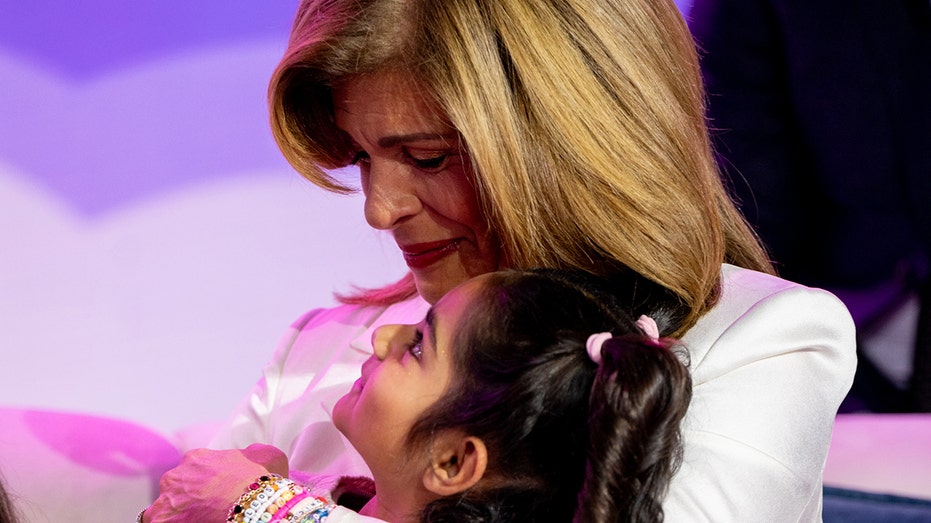Hoda Kotb Shares Daughter's Concerning Diagnosis That Led to Her Departure from 'Today'
Hoda Kotb reveals her departure from "The Today Show" to prioritize her daughter's health and family time amid Hope's battle with type 1 diabetes.

Longtime television host Hoda Kotb has shed new light on her decision to step away from NBC’s "The Today Show," citing her family as a primary factor—especially the health of her younger daughter, Hope.
**Kotb, who appeared as a guest on "Today" on Wednesday for the first time since leaving the anchor chair in January, spoke candidly about the challenges her family has recently faced. She revealed that her six-year-old daughter Hope was diagnosed with type 1 diabetes, a development that deeply influenced her choice to prioritize time at home.**
*"As anyone with a child who has type 1 [diabetes], especially a little kid, you're constantly watching, constantly monitoring, constantly checking,"* Kotb told her former co-hosts Savannah Guthrie and Craig Melvin. *"You just get a priority check in your life."*
Kotb, now 60, explained that stepping back from her high-profile role provided peace of mind for both herself and her daughters, Haley, 8, and Hope. The daily routine of monitoring blood sugar levels and administering insulin, she said, is essential but also emotionally taxing for parents.
*“There are just moments where you have to watch her,”* Kotb explained. *“I was totaling it up — five minutes at breakfast, five minutes at lunch, five minutes at dinner, sometimes overnight. Add that up, that's a half-hour. So, for 23½ hours, she's like every other kid.”*
- Type 1 diabetes is a chronic autoimmune disease that prevents the pancreas from producing insulin.
- Children and young adults are most commonly affected.
- The condition requires daily blood sugar checks and insulin management.
- Symptoms can include thirst, frequent urination, unexplained weight loss, and fatigue.
The early days following Hope’s diagnosis were especially stressful for Kotb, who described having to "race" her daughter to the hospital when her symptoms initially mimicked the flu and rapidly worsened. Now, having settled into a routine, Kotb shared that she aims to let Hope be a kid, despite the ongoing vigilance diabetes management demands.
*"Don't put your worry on your kid,"* Kotb advised other parents. *"Watch them, but don't put your worry on them. Let them be kids and give them what they need when they need it."*
Type 1 diabetes differs from type 2 diabetes, which is more common in adults and often linked to lifestyle factors such as obesity and inactivity. In type 2 diabetes, the body becomes resistant to insulin or doesn't produce enough, while type 1 results from an immune system attack on pancreatic cells.
Kotb acknowledged that, emotionally, she is still learning to balance vigilance with normalcy for her daughter. She hopes sharing her story will reassure other families navigating similar diagnoses and underscore the importance of being present for loved ones during challenging times.




